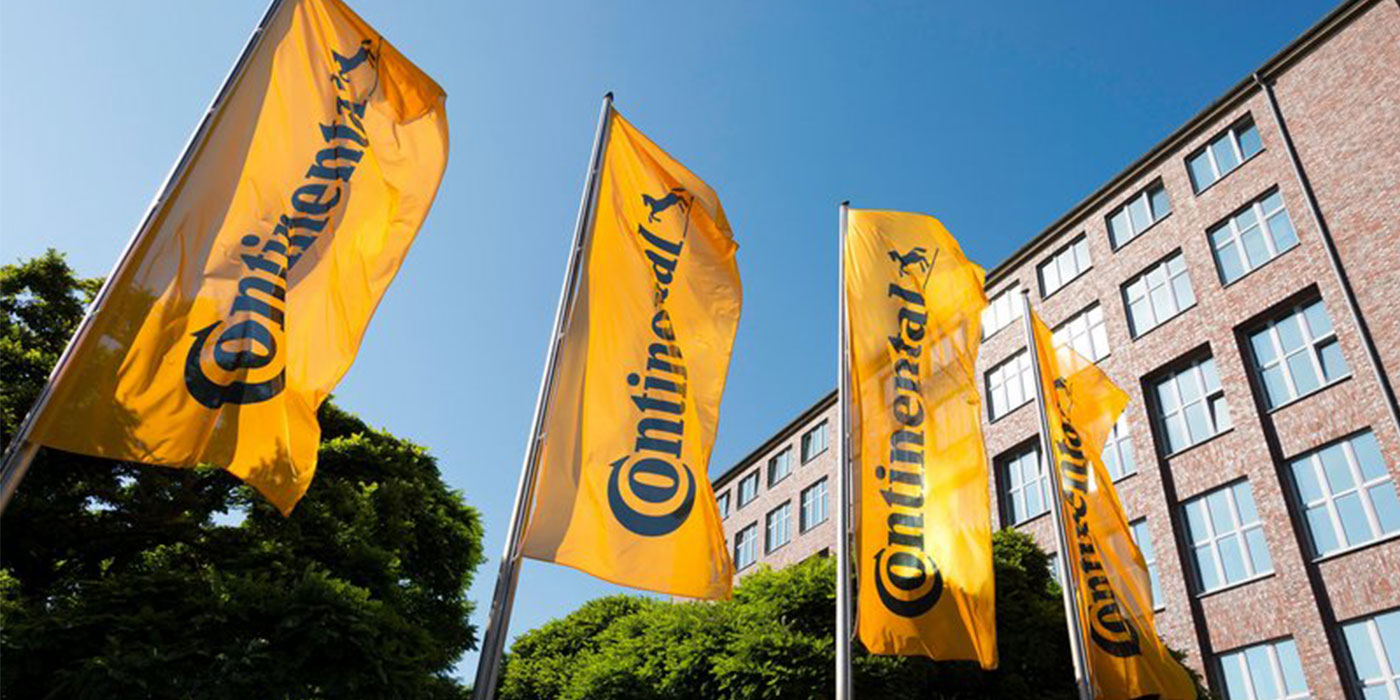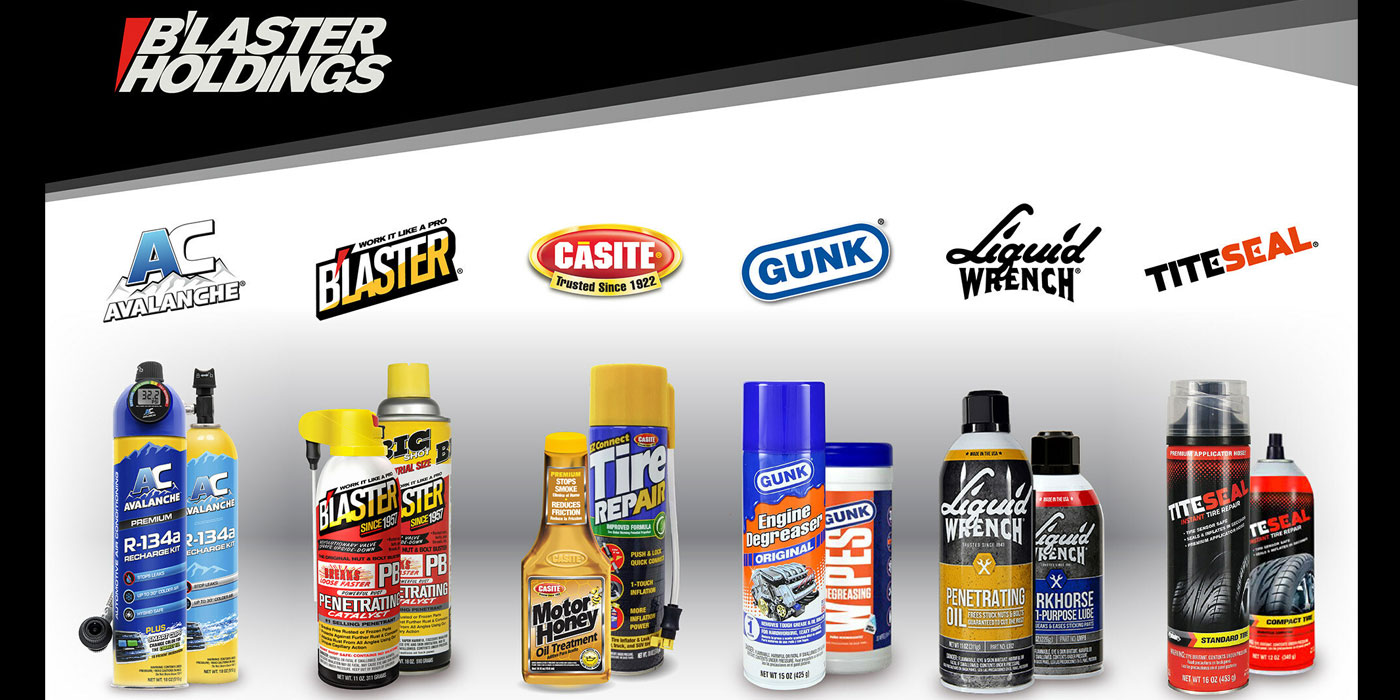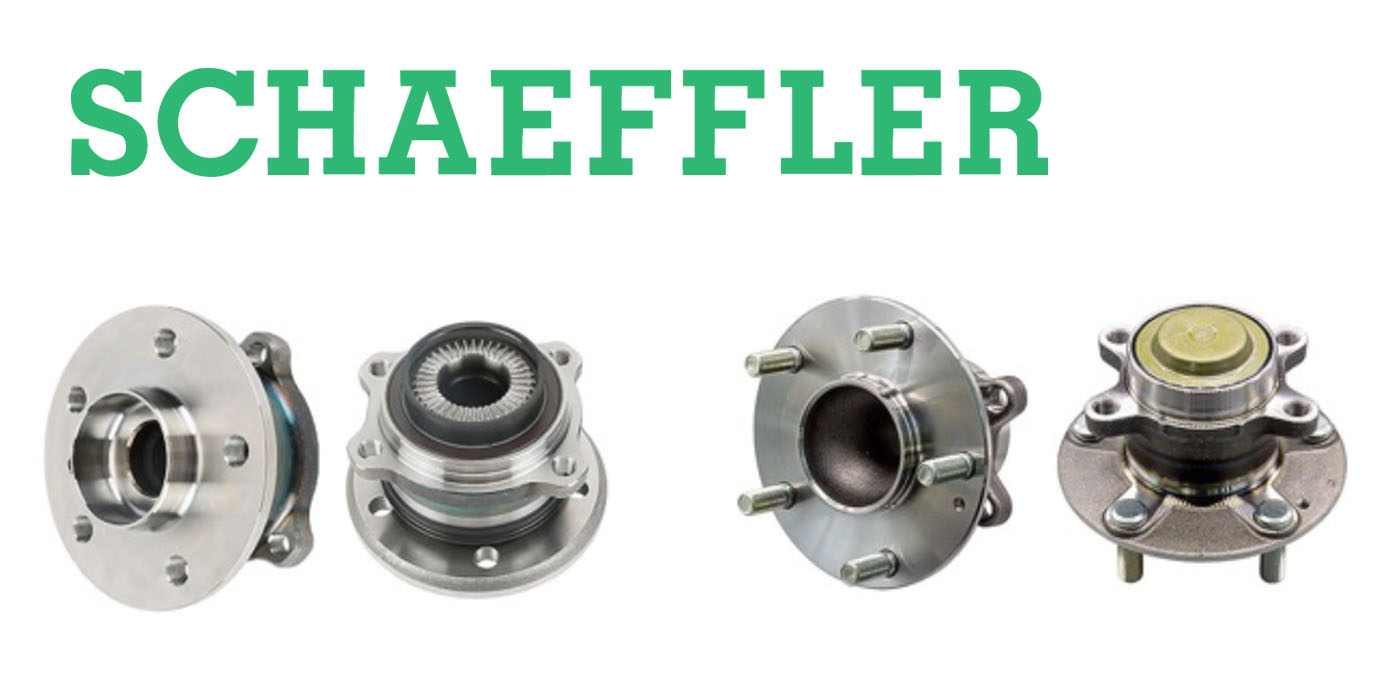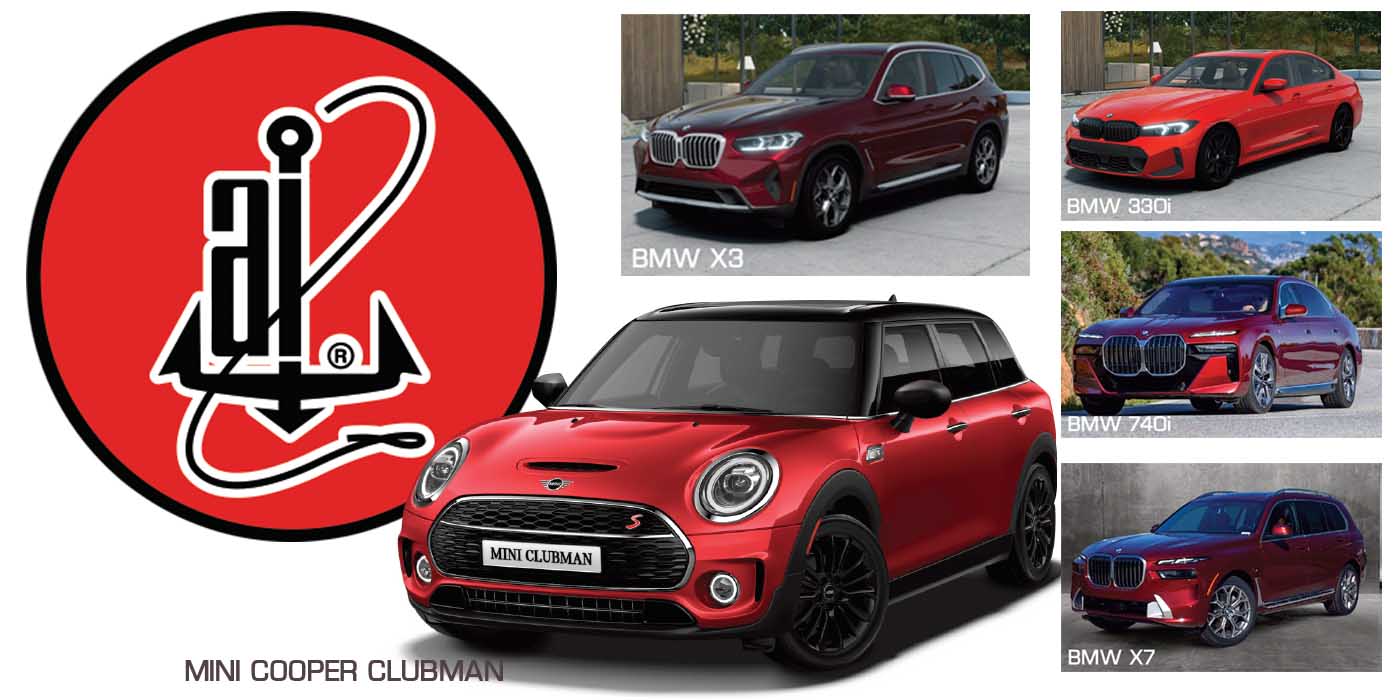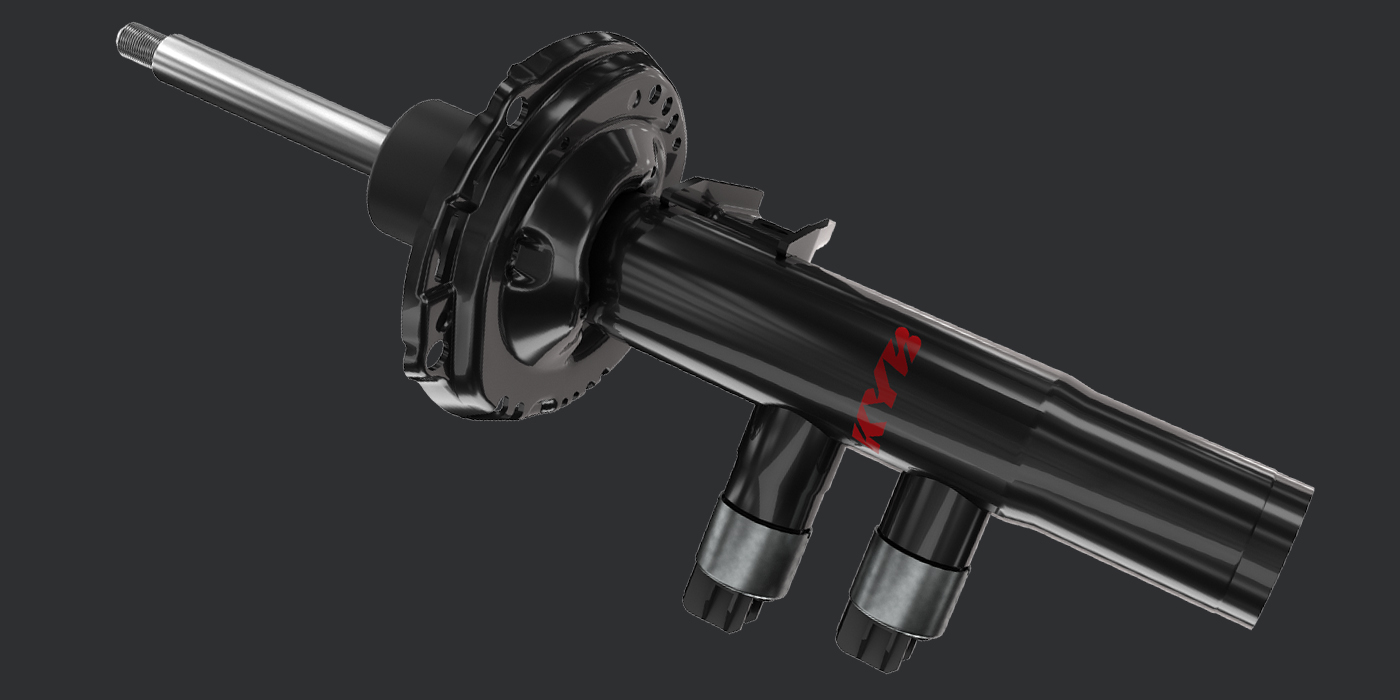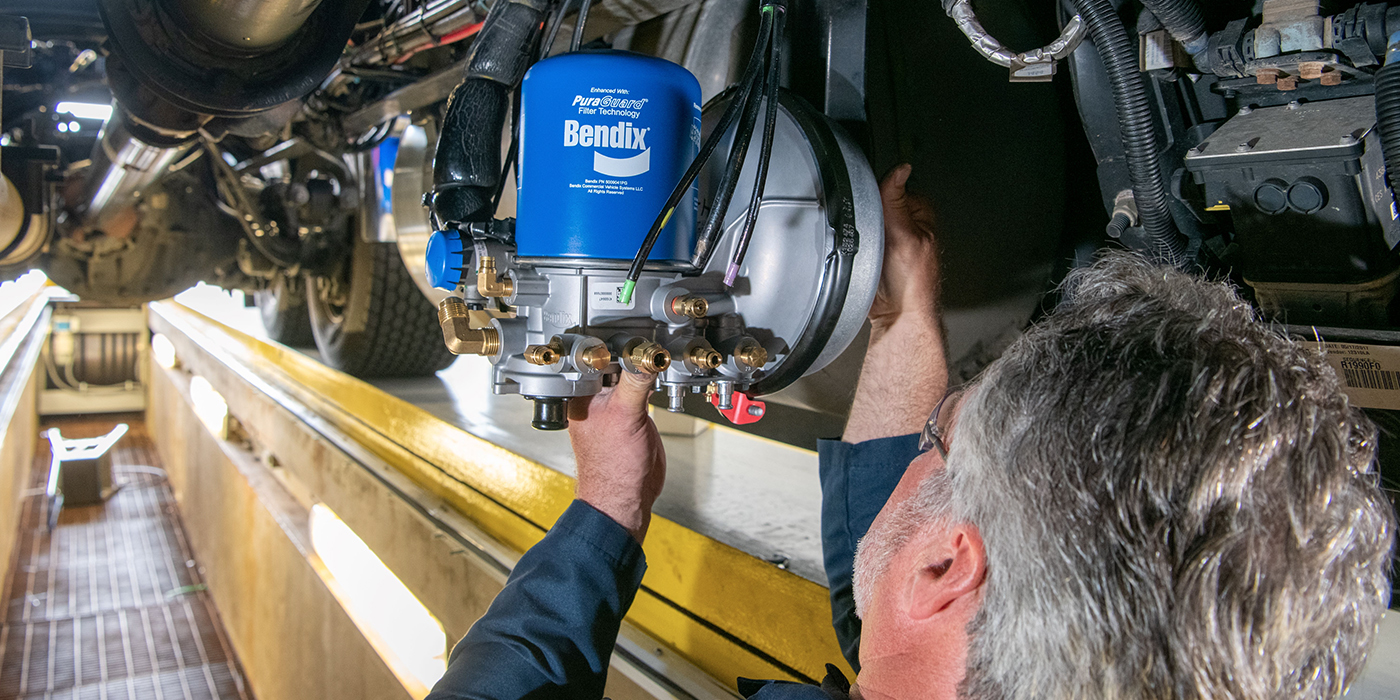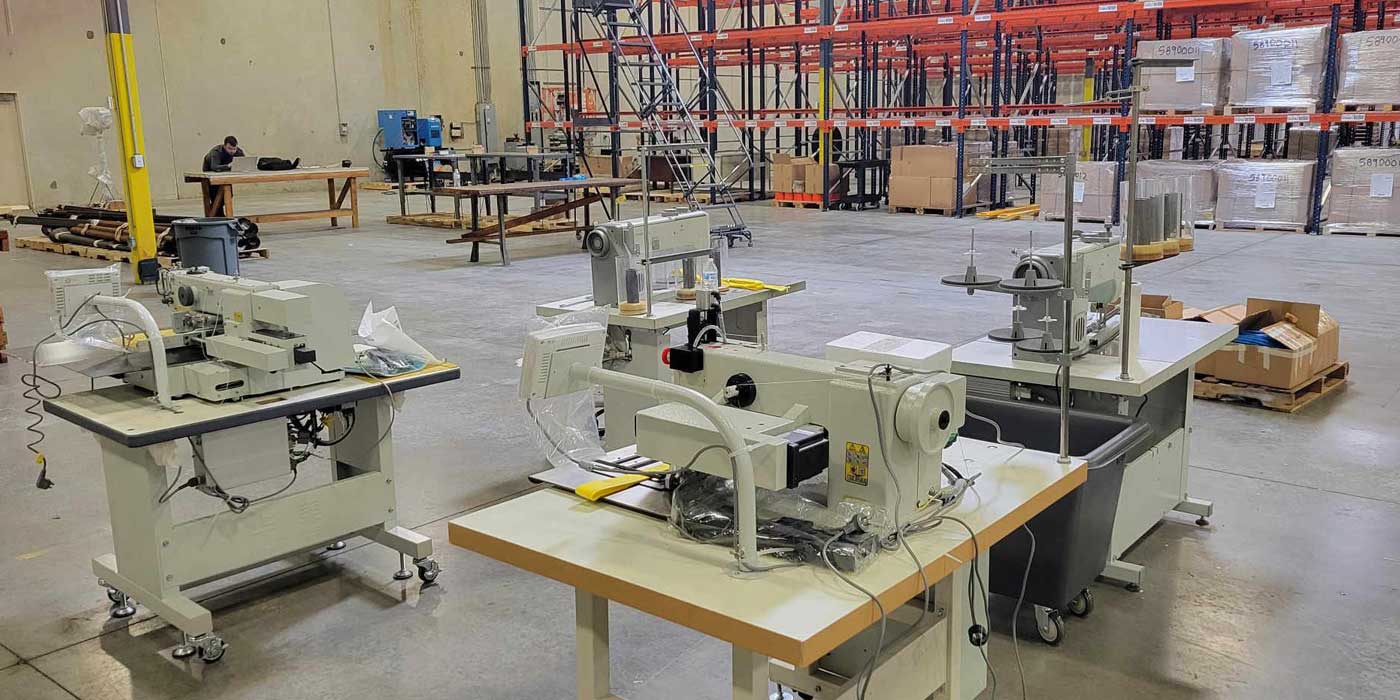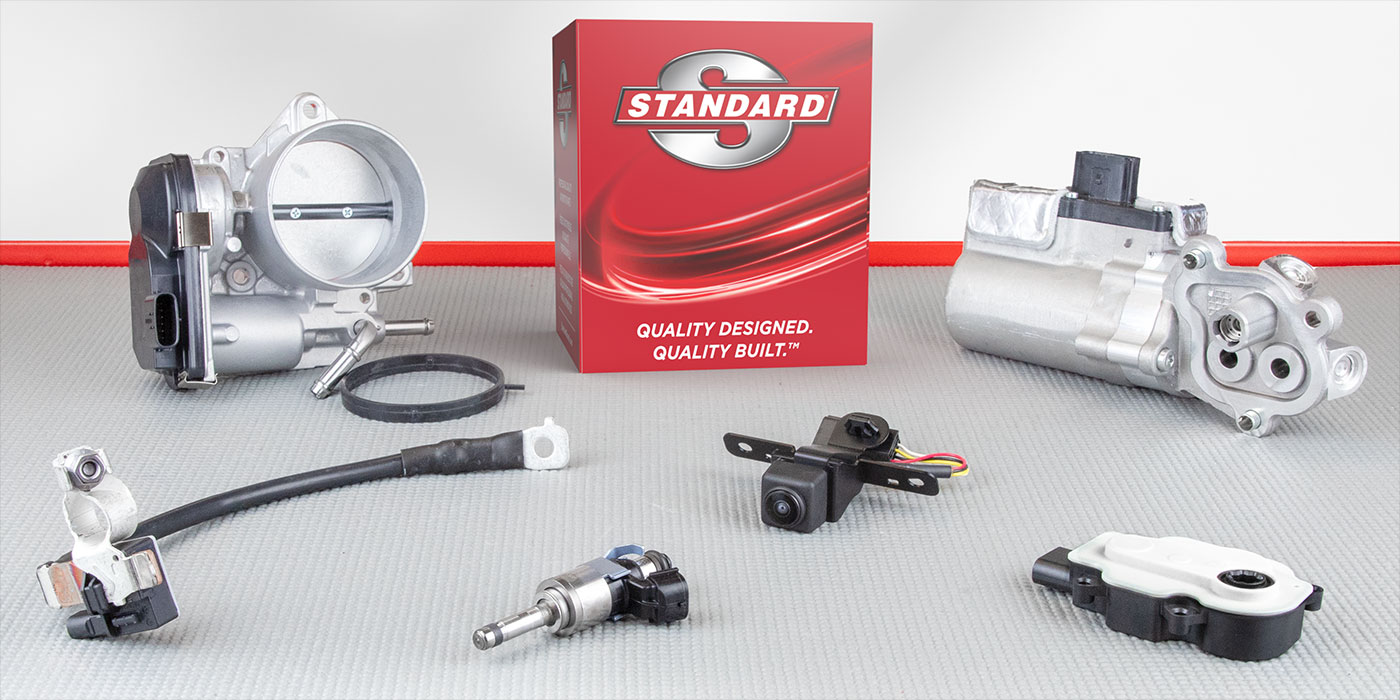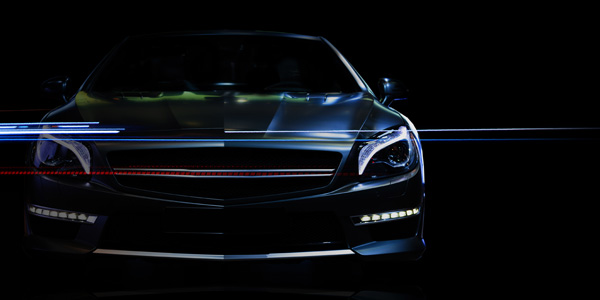
The automakers’ quest to achieve weight reduction, improved aesthetics, superior mechanical properties and cost savings is creating dynamic new product and technology innovations within the automotive composites sector, according to Frost & Sullivan.
Frost & Sullivan forecasts demand for lightweighting composites in the global automotive market to expand at a CAGR of 7.6% between 2018 and 2025 to reach 5,794.8 KT, with significant growth across different composite types. Revenue for the market is expected to increase at a CAGR of 9% in the same period to reach $2.9 billion.
“The automotive industry is moving rapidly toward vehicle lightweighting and OEMs are experimenting with a multi-material approach to achieve optimum weight savings, as well as adhering to regional regulations pertaining to vehicle weight, fuel efficiency and emissions norms,” said Leonidas Dokos, Frost & Sullivan’s global director, chemicals & materials in infrastructure & mobility. “Composites represent a vital part of the lightweight strategy as they are increasingly applied in interiors, exterior structures and under-the-hood applications.”
To emulate top participants in the global market, such as SABIC, BASF, Lanxess, DSM, Toray and Teijin, Dokos recommends composite manufacturers focus on capacity expansions and strategic tie-ups with OEMs, as well as having a strong research and development setup to reduce prices and improve product performance. Further recommendations for securing growth opportunities in the market include:
- Working with material researchers and automotive OEMs to identify the right combination of synthetic or natural fibers with carbon fibers to create strong materials.
- Providing robust material literature along with simulation tools for OEMs to assess material behavior under different conditions.
- Manufacture differentiated products for different vehicle classes and device technologies to reduce cost and increase output.
- Forging partnerships with OEMs to jointly develop products best suited to market requirements – for example, Ford & DowAksa’s JDA to develop carbon-fiber solutions and the establishment of a JV between BMW and SGL to manufacture and supply carbon fiber.
”While carbon-fiber composites offer utmost lightweighting capabilities that will help OEMs meet the stringent weight-reduction and fuel-efficient targets, the high costs have significantly impacted their adoption within the super-premium car segment as well as mass-market segment,” noted Dokos. “Carbon-fiber composite manufacturers must focus on cutting costs to drive sluggish adoption rates.”
Frost & Sullivan’s recent analysis, “Lightweighting Series – Supply- and Demand-side Analysis of Composites in the Automotive Industry, Forecast to 2025,” looks at the global automotive composites market in respect to the lightweighting initiatives undertaken by OEMs.
The main segments covered by product type are glass-fiber-reinforced plastics (GFRP), carbon-fiber-reinforced plastics (CFRP) and natural-fiber-reinforced plastics (NFRP). Major market drivers and restraints, regional regulations, demand outlooks for lightweighting materials, application growth trends and key technology and product innovations across the value chain also are discussed. For more information on the analysis, visit http://frost.ly/3jp.

